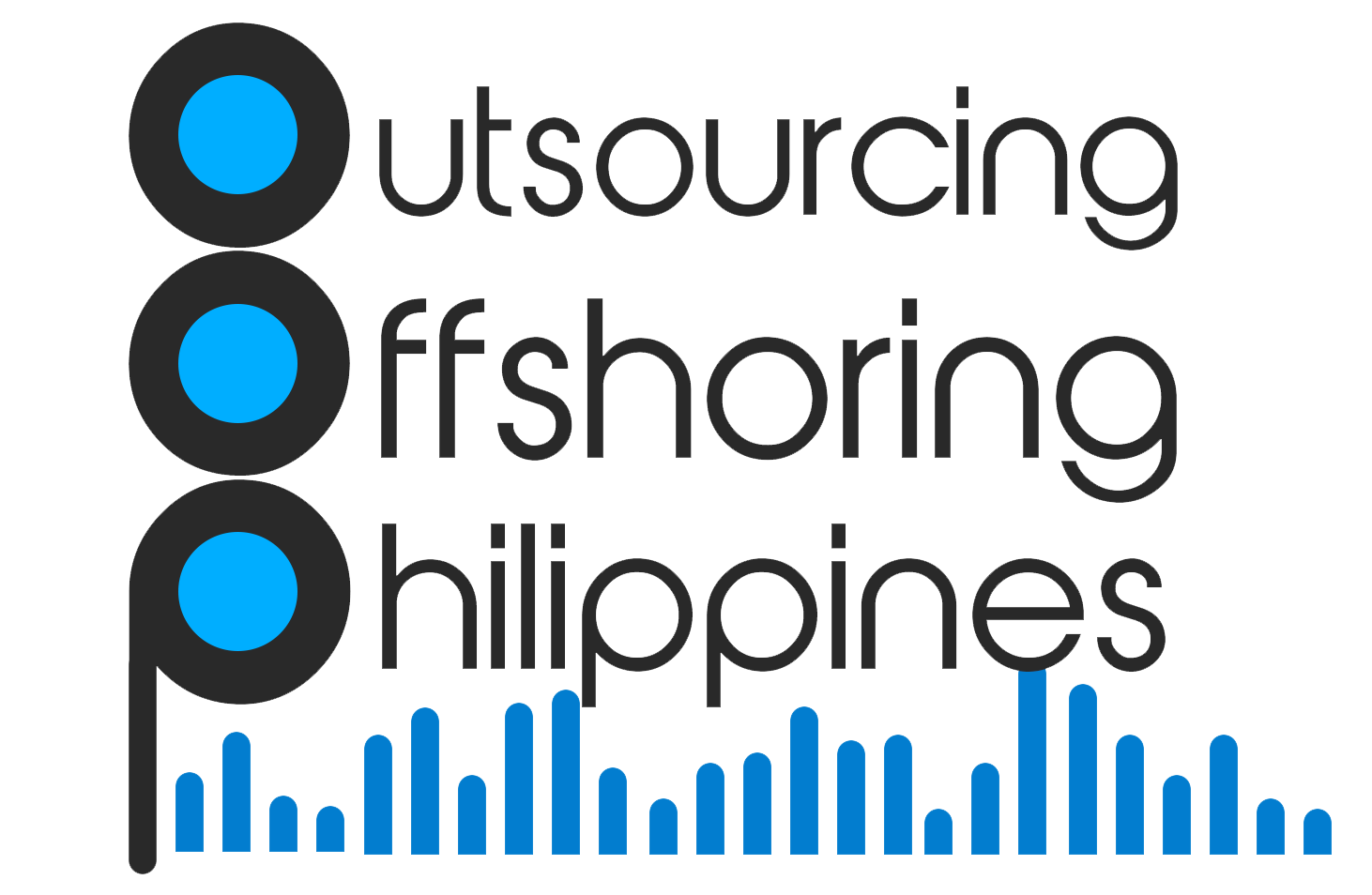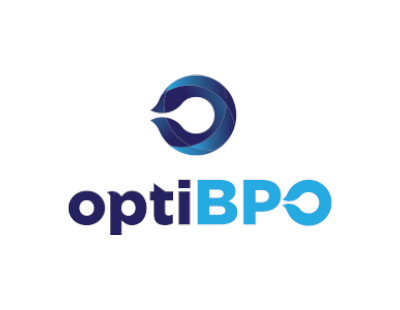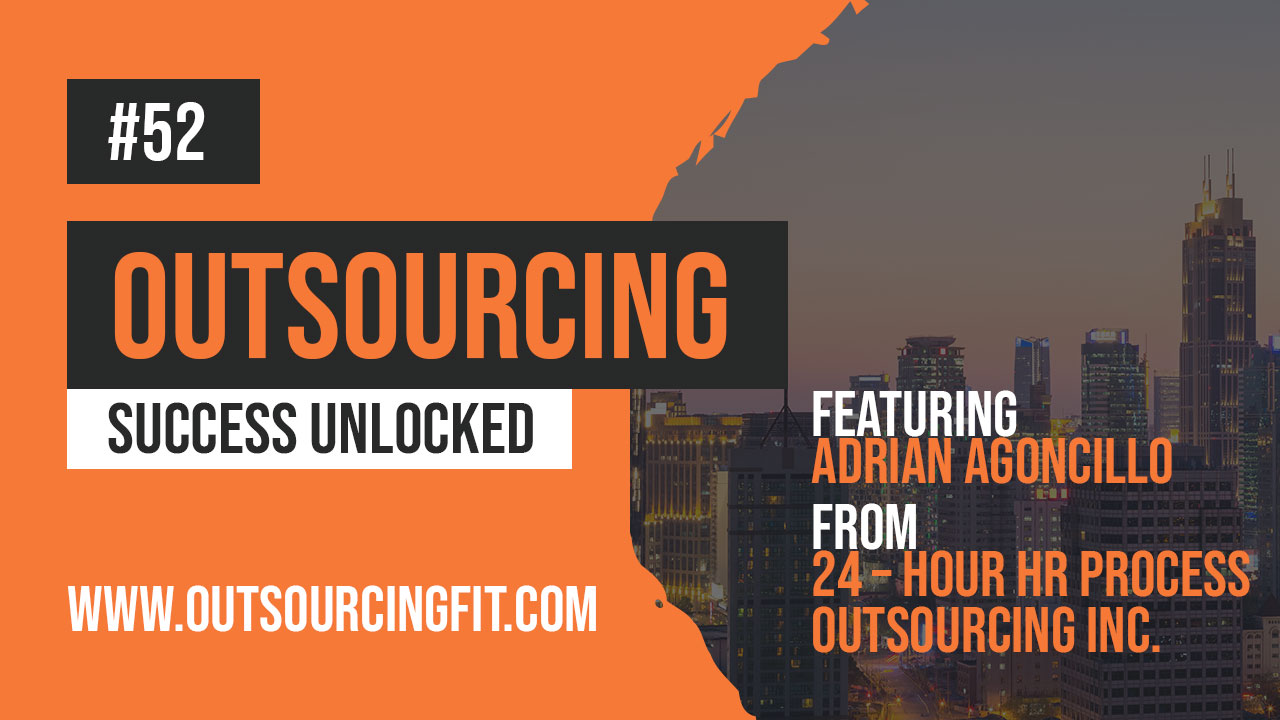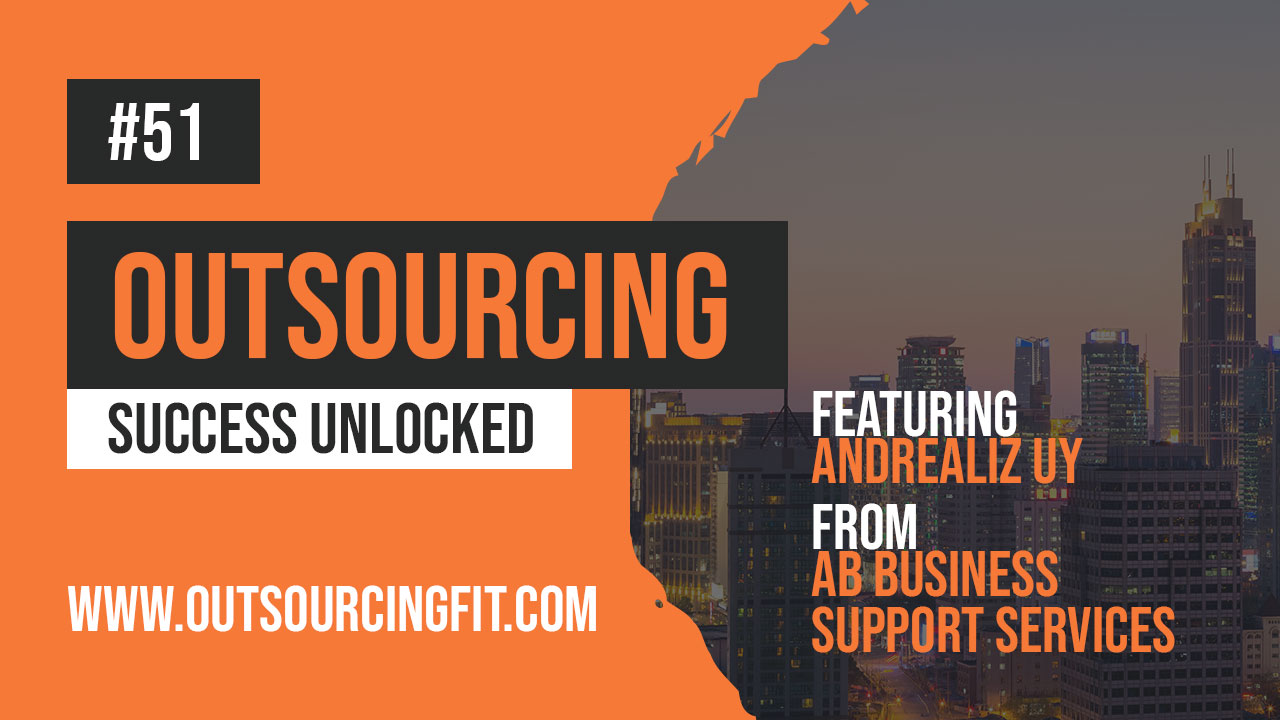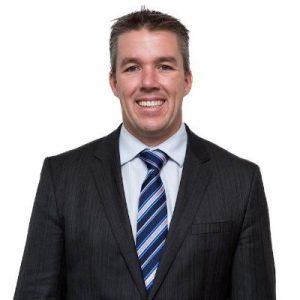 Guest: Jamie McBrien
Guest: Jamie McBrien
Presenter: Henry Acosta
Guest Bio: Jamie McBrien is a Director at optiBPO, who assists companies set up dedicated offshore operations in the Philippines. They also have offices in Sydney and London. He is also a Director of optim2, which provides consulting services to CFOs on optimising the Finance organisation. Jamie is considered a leading expert in optimising back office functions, including leading transformational programmes of work, improving business processes, and building shared services and offshore teams. He has previously held management consulting roles at Parson Consulting, Deloitte and PwC. He has an MBA from the Australian Graduate School of Management, and a Bachelor of Economics and Bachelor of Commerce from the Australian National University.
Segment overview: Jamie McBrien talks about his company called optiBPO, which provides onshore support for companies in Australia, New Zealand and Europe. With more than 20 years of experience in offshoring and outsourcing services, Jamie strongly believes that Philippines is one of the best countries who can deliver success to your outsourced business. Having a strong command of the English language, highly educated staff, skilled workforce, and culture are just some of the few things that makes this country stand-out when it comes to outsourcing compared with other nations.
SYDNEY
Address: Level 8, 84 Pitt St, Sydney, NSW 2000 Australia
Contact Number: +61 2 8071 4150
LONDON
Address: L 41 Corsham St, London N1 6DR, United Kingdom
Contact Number: +44 20 3239 3693
Website: www.optibpo.com
To know more about optiBPO, listen to the podcast below.
The interview will start at the 00:50 of the podcast episode.
Transcript
Henry Acosta: Hi, I’m Henry Acosta and welcome to the Outsourcing and Offshoring Philippines podcast. Today our guest is Jamie McBrien. Jamie is the Director of optiBPO. What optiBPO does is it helps companies get started with their offshore operations here in the Philippines with ease, convenience and minimize risk. You can start out at any level with optiBPO and they’re here to help provide the solution for it. With offices in Sydney and London, optiBPO provides offshore support for companies in Australia, New Zealand and Europe. With that, welcome to the show Jamie. Thanks for coming.
Jamie McBrien: Yes. Thank you for having me here today.
Henry Acosta: Can you give us a little bit more of background about yourself?
Jamie McBrien: I’ve been around the offshoring and outsourcing shared services market for around 20 plus years as a management consultant. I started off my career at Price Waterhouse, before moving into consulting at Deloitte. I left having led the shared services and outsourcing practice around 10 years ago. Since then, I have built a management consulting business focused on finance and back office operations that now has two brands – optim2, being focused on management consulting around process and structure, and optiBPO where we extend that process and structure expertise into building offshore teams in the Philippines. While we have worked in a number or markets, we are now 100% focused the Philippines.
Henry Acosta: I see. How did optiBPO get started? And what do you guys do for clients?
Jamie McBrien: I’ve always been around the outsourcing and offshoring and have worked across a range of locations, and with various solution providers. Around 3 or 4 years ago though we identified the need to have more productized offering, and that’s where optiBPO was born. We decided to focus on the Philippines, as this is where we felt the opportunity lies. The difference for us though is that we’re actually located in Australia with offices in Sydney and Europe with offices in London, whereby we’re able to provide onshore support for clients looking to build an offshore team. We can help them plan the transition, help them manage the risk, help them think about what’s required, and make sure that they are ready and make sure that whatever they do, they end up being a success.
Henry Acosta: How did you find out about the Philippines as a strong country for outsourcing? And what makes it different?
Jamie McBrien: I’ve been involved in projects in Malaysia, Vietnam, China, India, Eastern Europe and in Central America. And through all of that, for me the Philippines over time, has become the standout location. It’s the standout location for Australian and New Zealand businesses due to proximity, but equally so for European and North American businesses. The thing that makes the Philippines better for me is a strong command of English language, which is if you compare it to the likes of Vietnam, they’re still struggling. There is also cultural alignment which you cannot underestimate the importance of, due to the American influence throughout their history, which makes them far more aligned to Western businesses than other parts of Asia, such as China or India. There is also the fact that the educated workforce it’s highly engaged, motivated and willing to work hard. When you look at the retention and engagement rates in the Philippines against the likes of India, the Philippines is doing far better, and as it is now the largest BPO market in the world for knowledge based outsourcing, it seems like the go-to location for us.
Henry Acosta: With new clients coming in and out, what’s the best advice that you can give someone who wants to start outsourcing here in the Philippines?
Jamie McBrien: I think one of the really important thing is not to rush into it. We have a few clients that have rushed into outsourcing and offshoring, and have not taken the time to think about the prerequisites, even though it doesn’t take a whole lot of time to get these things right. However, it is critical to get things right, particularly ensuring processes have been fully understood and defined. We need to make sure the procedures are really well defined and documented. While that kind of goes without saying, and if you think about it though, that’s not just required for offshoring, that’s just required as a basic business framework. Part of our role is to make sure those things are in place. We also need to make sure that we’ve thought through the structure and what it entails, as it’s not always a one to one replacement. By that, that doesn’t mean that your need to hire more people in the Philippines, it just means that if we’re thinking around what is the structure, where does the responsibility and accountability sit and where are the hand-offs. As well as that, just making sure that our systems are ready. Again, I need to stress that all of these things don’t take that long to address, but they need to be made sure they’re addressed in a considered manner before we make any transition. We’ve seen some clients rush into it, they’ve lost a few team members here in Australia and they go “Well here’s a need for opportunity. Let’s throw some activities across the fence.” That doesn’t really ever work. We need to take a step back, as it is worth spending the time upfront to get it right.
Henry Acosta: What is the most common misconception that people have when it comes to doing business in the Philippines?
Jamie McBrien: One of the biggest misconceptions I think is that the activities that people are offshoring are low value transaction or repetitive. That kind of goes without saying, that there are opportunities around some of those core transactional activities. When you look at the Philippines, it’s got more than 20 years’ experience in offshoring, but it’s really over the last 10-15 years where it’s really taken off. You can find people that have had 10, 15, 20 years’ experience working for Australian, US and European businesses that have grown through the offshoring and outsourcing evolution. We have clients that have financial controllers, and other senior resources, sitting there. In the world of knowledge, there’s no reason why you can’t start to move up the value chain in terms of the activities that are there. With 300,000 to 400,000 university graduates there a year, the country’s going along in leaps and bounds.
Henry Acosta: For our listeners right now, what do you want them to take away from this interview?
Jamie McBrien: The thing to take away is that knowledge doesn’t have boundaries anymore. The idea that you can be protectionist and contain industries, and businesses, within a single location is a thing of the past. Given systems, given the wider world of works, given a mobile global workforce, knowledge is moving everywhere and we can’t stop it. It’s one of those areas that if you’re not thinking about it, you should spend some time thinking about it because your competitors will be. And I think really importantly, this is not about taking Australian or European jobs, it’s not that at all. It’s about providing a platform for growth, and doing it in a cost effective manner
Henry Acosta: I see. Would you recommend to clients to go to the Philippines first before actually offshoring their business?
Jamie McBrien: Yes. It’s always a good opportunity. One of the things that we hopefully do is help clients proactively understand how things work up there. However, it’s always a good idea to go and get an understanding on the culture and how it all comes together. That’s one of the roles that we play, it’s helping people navigate that. The more time you spend, the more you learn, also the more opportunities you start to identify and you come back each time. Personally, I come back each time with new ideas on how we can do things, how we can improve. It also just gives you an appreciation of the local culture and then an appreciation about yourself. There’s also the other side, once the team is up and running, it’s always fantastic if you can to think about when you can bring them out to Australia, or wherever you’re located. I think it gives them a bit of a feel on how things work in your home country so they can take that knowledge back as well as they conduct their day-to-day activities.
Henry Acosta: Awesome. And for anyone interested in getting in touch with you and optiBPO, what is the best way to get in contact with you guys and maybe tell us where you’re located?
Jamie McBrien: Yes look, to get in contact with us, our website is www.optibpo.com, which includes per contact details. We have an office in Sydney that service our Australian or New Zealand clients, and we have an office in London that serves our European clients. You can find both our contact details there, and give us a call or send us an email, or feel free to send me an email directly at [email protected].
Henry Acosta: Awesome. Well that’s all our questions for today and thank you for coming by. We appreciate your time.
Jamie McBrien: Thank you for your time and I’ve enjoyed being part of it.
Henry Acosta: Awesome. And that was Jamie McBrien, he is the Director of optiBPO. We just finished talking about the Philippines as the place to be when it comes to offshoring your business. If you would like to know more about the BPO industry and the ins and outs of offshoring your business, you can go on to www.offshoring.com.ph. We’re also available on SoundCloud and iTunes. I’m Henry Acosta for Outsourcing and Offshoring Philippines podcast.
